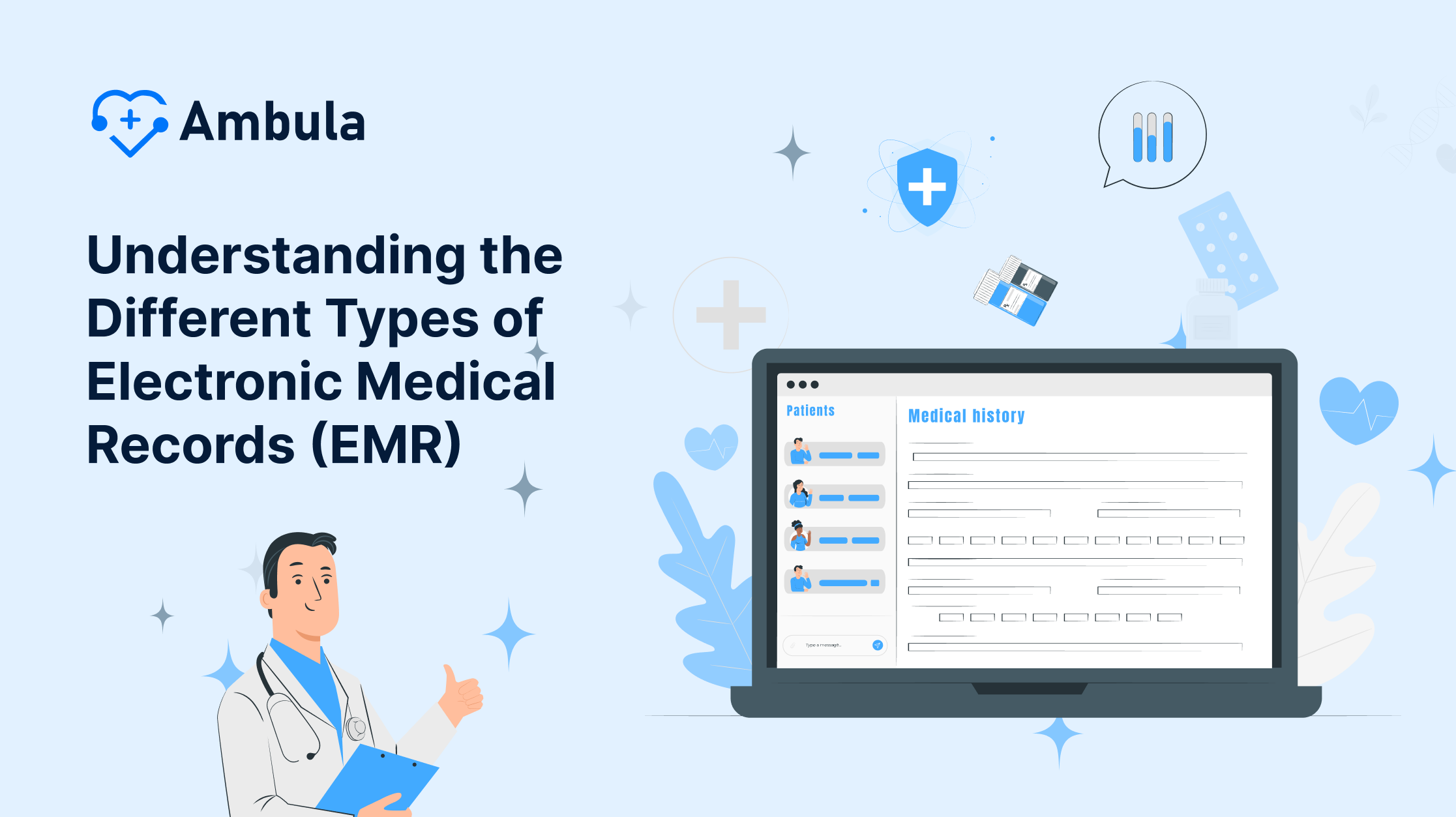Topics:
- What is meaningful use?
- What are the 4 purposes of meaningful use?
- Medicare meaningful use eligibility
- How is meaningful use related to Medicare payment?
- The payment system used by medicare
Studying how to optimize medicare payments with meaningful use starts with knowing what does meaningful use stands for in the first place!
Today, in our blog post we will define the term “meaningful use”, speak about its purposes and answer your question: How is meaningful use related to Medicare payment? So read on!
The federal government has implemented policies and programs to improve healthcare quality and lower costs for years. One such program is Medicare’s electronic health record (EHR) Incentive Program.
Medicare’s electronic health record (EHR) Incentive Program
Before we discuss optimizing medicare payments with meaningful use, here’s what you need to know about the EHR Incentive Program.
This program aimed to encourage physicians to adopt EHRs by offering financial incentives for meaningful use.
However, as many healthcare professionals have already found out, it can be difficult to meet the guidelines outlined in the incentive program. So how do you optimize your hospital’s EHR payments?
Check out these articles after you’re done
What is meaningful use?
To know how to optimize medicare payments with meaningful use, it’s important to know what meaningful use is!
The term ‘meaningful use’ is a phrase that has been floating around the healthcare industry for a few years now, but what does it actually mean?
‘Meaningful Use’ is the term for the Center of Medicare and Medicaid’s electronic health record (EHR) incentive programs!
The program provides financial benefits to healthcare providers who use appropriate EHR technologies in meaningful ways! Which benefits patients and providers alike.
What are the 4 purposes of meaningful use?
The overall goal of the Meaningful Use program is to promote the widespread adoption of electronic health records systems!
Ultimately creating an infrastructure that improves the quality, safety, and efficiency of patient care in the United States.
The 4 purposes of meaningful use are to:
- Improve patient outcomes
- Decrease costs
- Increase efficiencies in the healthcare industry
- Improve public health.
Medicare meaningful use eligibility
So, by now, you might be asking, “Who is eligible for meaningful use?”. To receive incentive payments from CMS, eligible professionals and hospitals must meet the criteria for eligibility.
- Most importantly, you must have a meaningful use attestation period in which you attest that you’ve successfully implemented an (EHR) system.
- In addition, the EHR must be certified by an ONC-Authorized Certification Body (ONC-ACB). You’ll also need to demonstrate successful reporting of quality measures and clinical summaries.
- And lastly, report on certain language translation services offered through your EHR.
Who is eligible for meaningful use?
An important question is: who is eligible for meaningful use? The final rule defines three types of eligible professionals:
1) Physicians
2) Physician assistants
3) Nurse practitioners
4) Clinical nurse specialists
How is meaningful use related to Medicare payment?
To receive a Medicare Meaningful Use incentive payment, providers have to show they are “meaningfully using” an EHR! By meeting, thresholds for a number of objectives can positively impact patient care.
Eligible professionals can receive up to $44,000 in Medicare Meaningful Use payments by meeting Medicare’s program requirements over five consecutive years.
More than 5,000 hospitals and critical access hospitals (CAH) are also eligible to participate in the program.
Medicare Meaningful Use incentive payments for those entities are based on several factors but start with a $2 million base payment.
The payment system used by Medicare is based on:
Medicare is a system that pays for healthcare services. It’s based on a payment system called fee-for-service.
Medicare is a system that ensures people have access to affordable healthcare. The payment system used by Medicare is based on a fee-for-service model. This means doctors are paid for each service, such as office visits, surgeries, and hospital stays.
Guidelines to follow
To be reimbursed for these services from Medicare, there are certain guidelines the doctor must follow in providing their service.
One of those guidelines is patient eligibility, including age restrictions or disability status.
Some patients may also qualify for Extra Help which provides free help with their prescription drugs through Medicaid or other programs. That way they don’t have to worry about co-pays or deductibles when going to their doctor appointments because it will already be covered under Extra Help’s program.
Contact us today!
To help doctors and patients, Medicare is implementing new guidelines for meaningful use. The Centers for Medicaid Services have published a list of criteria to determine whether providers are meeting this program’s requirements.
These include using an electronic health record system capable of displaying data in real-time on an individual’s care plan. In addition to using technology to coordinate patient care with other physicians involved in his or her treatment.
Finally, if you would like more information regarding this subject, you can always contact the Ambula Healthcare team at:(805) 558-2418! And now, learn more about Patient satisfaction surveys!





